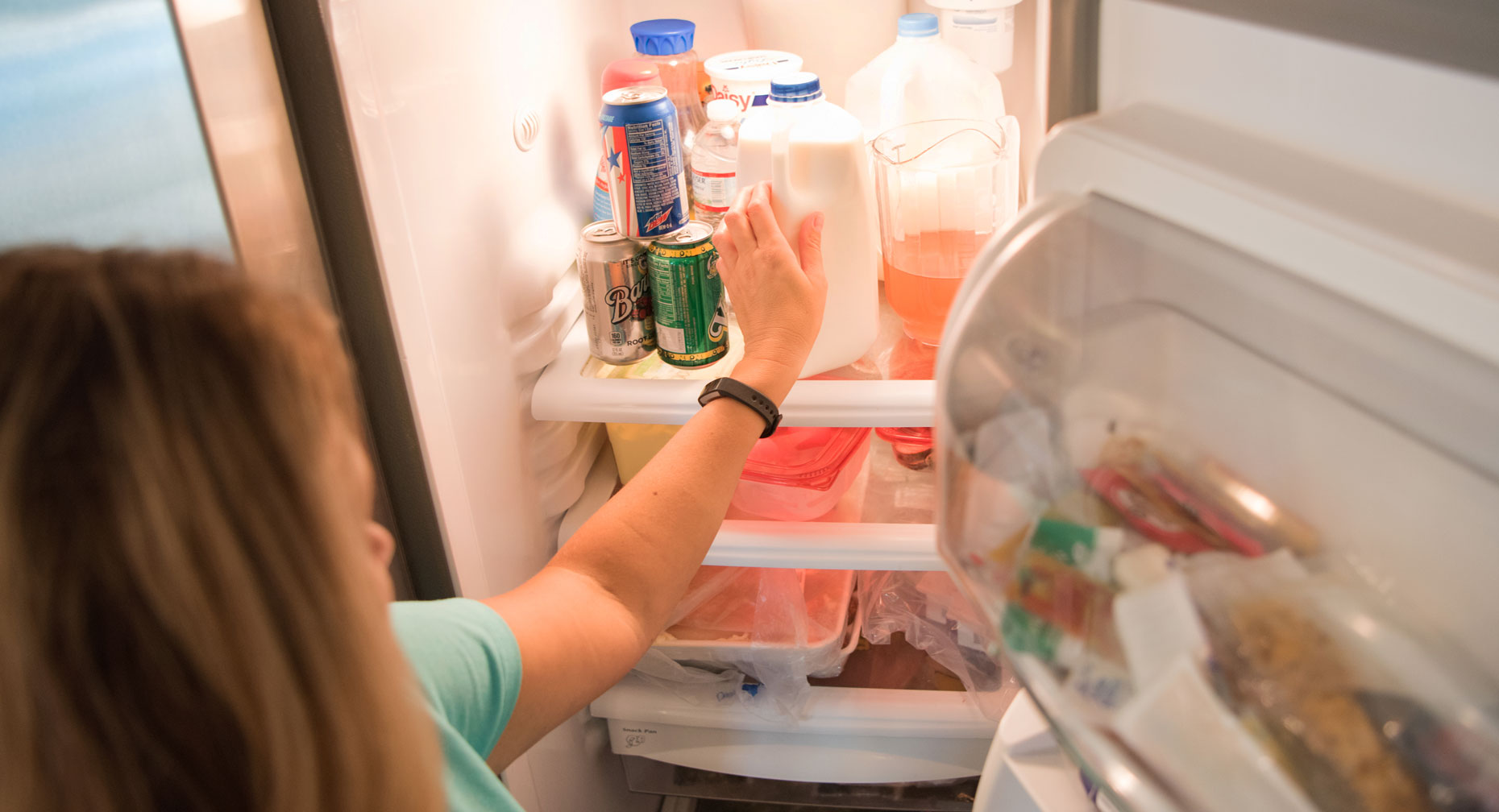Got Osteoporosis? Get Stronger Bones!

Answer a few questions and we'll provide you with a list of primary care providers that best fit your needs.
Osteoporosis — a disease of the bones — makes your bones weak and more likely to break. Even though there's no cure, it can be treated. And there’s a lot you can do to prevent, slow or stop its progress.
What Can I Do To Build Strong Bones?
Building healthy bones is a lifelong project. But no matter what your age, it’s never too late to start. You can slow the natural bone loss that comes with aging and prevent your bones from becoming weak and brittle. Here's how:
Focus on healthy eating. Get enough calcium and vitamin D from food or supplements. Lean meat, fish, green leafy vegetables, and oranges are also packed with nutrients that build strong bones.
Get moving. Stick to weight-bearing activities like:
- Walking, jogging, running or hiking
- Dancing
- Gardening
- Yoga and tai chi
- Lifting weights
- Playing tennis
Dr. Jennifer Jerele offers advice on how to reduce your risk of fragility fractures caused by osteoporosis.
Click play to watch the video or read video transcript.
Embrace a healthy lifestyle. If you need to make these changes, now's a great time to start:
- Stub out that cigarette. Smoking increases your chances of getting osteoporosis.
- Drink alcohol in moderation. Alcohol can make it harder for your body to use calcium.
- Make your home safer. Keep your floor clear of clutter and install grab bars in the shower or tub.
Dr. Jennifer Jerele talks about treatment of osteoporosis.
Click play to watch the video or read video transcript.
What Medication Is Right for You?
Your doctor may recommend a medication to keep your bones as strong as possible. Osteoporosis medicines lower the risk of breaking bones and fall into two categories:
- Antiresorptive medications. These slow bone loss. When you take one of these drugs, you’ll stop losing bone as fast as you had been, and your body will continue to make new bone at the same pace. That means that your bone density may increase. Examples of antiresorptive medications include bisphosphonates, calcitonin, denosumab, estrogen, and estrogen agonist/antagonists.
- Anabolic drugs. These increase the rate of bone formation. According to the National Osteoporosis Foundation, a type of hormone called teriparatide is the only osteoporosis medicine now approved by the FDA that rebuilds bone.
You can slow the natural bone loss that comes with aging and prevent your bones from becoming weak and brittle.
What Affects My Medication Choice?

When choosing an osteoporosis medication, consider:
- Your sex. Some medicines are approved for women only.
- Your age. Some treatments work best for younger postmenopausal women, and others benefit older women.
- How severe your osteoporosis is. Some meds help extreme bone loss; others are more effective for less bone loss.
- Your overall health. Your doctor will look at other conditions you may have, like heart disease, breast cancer, or blood clots.
- Personal preference. You may want to take a pill instead of a liquid, IV, or nasal spray medicine.
Talk with your health care provider about which medicine may be right for you.
Answer a few questions and we'll provide you with a list of primary care providers that best fit your needs.
Sources: Jennifer Jerele, MD, Premier Orthopedics; National Osteoporosis Foundation; National Institutes of Health; womenshealth.gov







